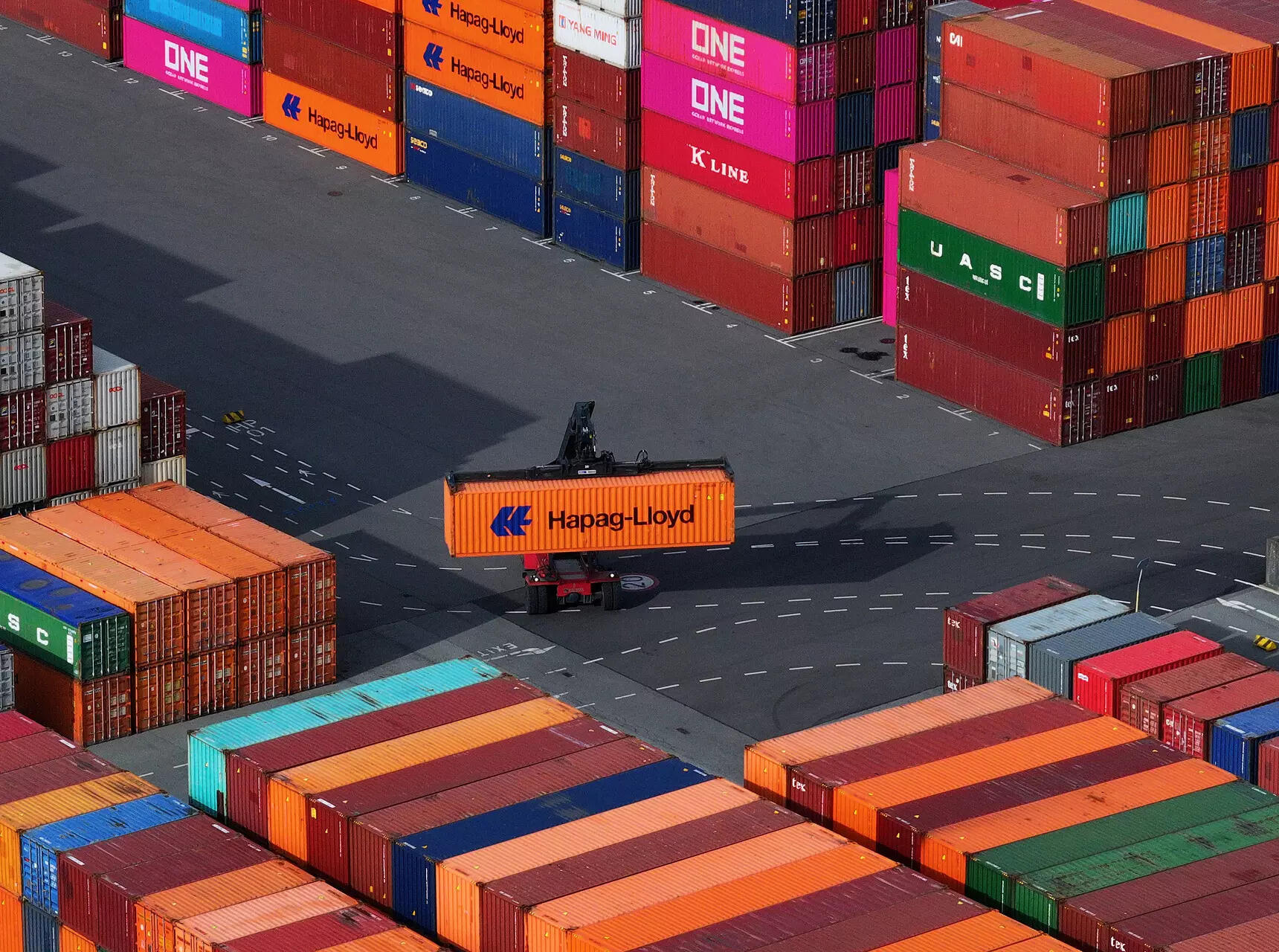Read by: 100 Industry Professionals

Cost and speed has now become the top priority of the firms engaged in logistics business for the last-mile delivery of goods and growth of the sector, a report has said. According to the Last-Mile Trends Report 2024, earlier the top priority was cost and satisfaction.
“In last-mile delivery now top priority is cost and speed. The needle has shifted from cost and satisfaction to cost and speed,” it said.
The report was unveiled during ‘The Last Mile Leaders Event” organised by technology platform FarEye in collaboration with Microsoft this week.
Kushal Nahata, Co-founder and CEO of FarEye, said that within the next five years, autonomous drones will handle 30% of urban deliveries, reducing delivery times and costs dramatically.
The report was based on insights gathered from over 300 leaders across five continents, representing companies with a combined revenue exceeding USD 100 billion.
Out of 300 participants, over 50% stated that they deliver the goods same day/next day.
The report also said that 80% of supply chain leaders believe measuring the cost of delivery is a top priority.
FarEye has also launched an initiative, ‘last-mile innovation nexus’, to help startups raise funds and receive mentoring from global experts in the logistics sector.
Gautam Kumar, COO & Co-founder, FarEye, said: “The initiative is a launch pad for startups to secure transformative partnerships. It is exciting to see the surge in the adoption of AI, robotics, and embedded data analytics, all geared toward enhancing the efficiency and effectiveness of logistics operations.”
Over 40 supply chain experts from more than 20 countries, representing diverse industries including retail, logistics, postal, consumer packaged goods (CPG), and pharmaceuticals, came together at the event to explore the transformative potential of technology in driving cost reduction in the logistics sector.
Nahata added that with urban delivery traffic projected to increase carbon emissions by 32% by 2030, prioritizing sustainability is non-negotiable.
The surge in electric vehicle adoption and government initiatives like the FAME scheme, reflects a visible shift towards greener logistics in India.
“As industry leaders, we must place sustainability at the front and centre, meeting environmental and stakeholder expectations. It’s clear that sustainable logistics isn’t just a choice; it’s our collective responsibility and competitive advantage,” he said.

